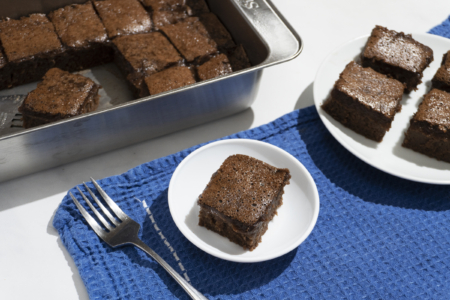Arguably, one of the best things about wine appreciation is experimenting with food pairings. Nothing brings out the subtle flavors and tastes of a good bottle of wine like a well chosen meal or foodstuff. Sadly, though, there are a few food items that just don’t work with wine. Here’s a few surprising morsels that should never, ever be paired with wine.
Chocolate
The first no-go food pairing is arguably the most tragic. Yes, sadly chocolate and wine rarely go well together. Like most wines, milk and dark chocolate contains tannins. The combination of the red wine and chocolate tannins results in a harsh and sour taste sensation that is best avoided! It is possible to eat chocolate with very sweet, low tannin reds, but it’s fairly risky as far as taste is concerned. Alternatively, white chocolate contains no tannins and can be eaten with wine.
Brussel sprouts, asparagus, and kale

Sorry healthy eaters, but you’re going to need to find some alternative veggies to go with your favourite bottle of wine. Brussel sprouts, kale, broccoli, cauliflower, and cabbage all contain high levels of organosulfur compounds. These sulfur compounds are the same ones that cause certain type of wine spoilage and can result in the wine tasting like rotten eggs and skunks.
Asparagus also contains these compounds in addition to a large amount of chlorophylls that result in an overly earthy and dirty taste. Needless to say, avoid pairing wines with these vegetables unless you really know what you’re doing.
Sushi

The taste resulting from the pairing of raw fish and wine is not quite as offensive as that of chocolate or certain vegetables, but it’s still unpleasant enough to try to avoid. Essentially, the iron in the red wines fixes with the raw fish oils resulting in a overly metallic aftertaste. One can avoid this by sticking to only crisp whites (or, of course, sake) when eating sushi.
Artichokes

Artichokes are another vegetable that seems like it should pair with wine, but it really doesn’t! Artichokes contain a chemical called cynarine that numbs the tongue’s receptors that allow you to taste bitterness and acidity. As a result any wine drunk after or along with cynarine will taste overly sweet. You can mitigate this slightly by trying extra dry wines with little sweetness.



